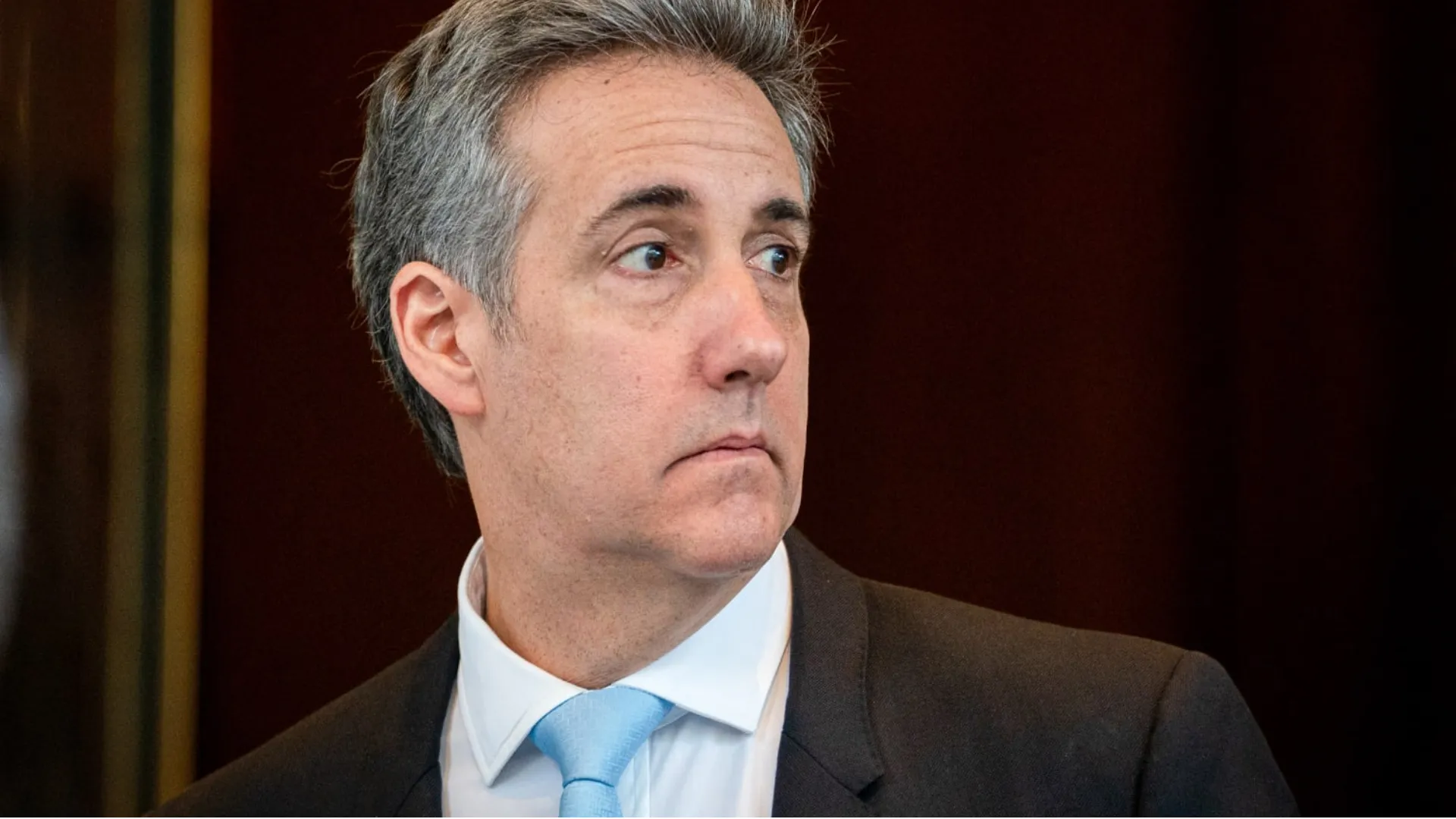
California Governor Gavin Newsom announced Wednesday that the state has filed a lawsuit against the Trump administration, challenging the legality of sweeping tariffs imposed by former President Donald Trump.
The legal move marks the first time a U.S. state has independently taken the administration to court over trade policy, escalating tensions between California and Washington at a time when global markets remain unsettled by shifting economic strategies.
The lawsuit, filed in the U.S. District Court for the Northern District of California, contests the administration's use of the International Emergency Economic Powers Act as the legal basis for levying tariffs on a wide range of goods from Mexico, Canada, China, and other nations.
California’s legal team argues that the act does not grant the president unilateral authority to impose broad economic penalties that directly impact state economies.
“President Trump’s unlawful tariffs are wreaking chaos on California families, businesses and our economy—driving up prices and threatening jobs,” said Newsom. “We’re standing up for American families who can’t afford to let the chaos continue.”
The lawsuit comes at a time of growing discontent over the administration’s handling of international trade. While Trump has framed the tariffs as necessary to protect American manufacturing and reduce the flow of illicit drugs across borders, opponents argue that the economic consequences have been severe and disproportionate—especially in export-heavy states like California.
California’s economy, one of the largest in the world, is deeply integrated with international trade networks. It is a top exporter of agricultural products, high-tech components, and consumer goods, and it has strong trade relationships with both Canada and Mexico.
The state’s officials estimate that the tariffs have already caused billions of dollars in economic damage, with inflated costs for consumers, disrupted supply chains, and retaliatory measures from foreign governments.
“Our state is not Washington, D.C.,” Newsom said. “California values open markets, fair trade, and responsible governance. These tariffs reflect none of those principles.”
The decision to challenge the tariffs legally puts California at the forefront of state-led opposition to federal economic policy. Although businesses and civil rights groups have filed similar suits in the past, this is the first direct legal action from a state government targeting the president’s tariff strategy.
Newsom said the move was necessary to protect the livelihoods of Californians and restore predictability to the state’s trade environment. In particular, the suit challenges the administration’s decision to invoke emergency powers to justify tariffs on the basis of national security.
Legal experts have long debated whether the International Emergency Economic Powers Act allows such sweeping action, especially in cases where there is no declared war or immediate threat.
While some congressional leaders have criticized the administration’s approach, efforts to roll back the tariffs legislatively have failed. A recent symbolic vote in the Senate saw four Republicans join Democrats in opposing the tariffs, but the measure had no binding effect, and Republican leadership in the House has declined to take up the issue.
Newsom emphasized that California’s legal strategy is grounded in constitutional principles. “Congress never authorized this president to remake our entire trade policy by executive decree,” he said. “We’re asking the courts to reaffirm that basic truth.”
California’s position in the global economy adds weight to its legal argument. With a gross domestic product larger than most countries, the state is often treated as a major economic actor in its own right.
Its ties to Canada are especially deep, with $53 billion in two-way trade annually and nearly 2,000 Canadian-owned businesses operating in California. These businesses employ approximately 90,000 workers and span sectors from energy to technology.
Yet the relationship has been strained by the tariff standoff. Canadian officials have responded to U.S. tariffs with targeted actions of their own, including bans and restrictions on California-made products.
Wineries and alcohol producers in the state, for example, have seen their goods removed from Canadian store shelves. Farmers have also been hit hard, as key exports like almonds, grapes, and citrus fruits have become collateral damage in the trade dispute.

California’s agriculture sector, long considered a powerhouse in domestic and international markets, has experienced growing instability as a result. Rising costs for imported equipment and raw materials, combined with retaliatory tariffs abroad, have left many producers in a precarious position.
The governor said that while some federal relief had been offered to farmers in other regions, California’s unique agricultural profile has not been adequately addressed.
The lawsuit also highlights the broader disconnect between California and the federal government under Trump’s leadership. Disputes have flared over issues ranging from climate policy and reproductive rights to immigration enforcement and wildfire management.
With each confrontation, California has increasingly positioned itself as a counterweight to federal policy, advocating for progressive principles and state-level autonomy.
Now, that tension has extended to the economic arena. The governor described the tariffs as a reckless overreach of executive power that threatens not just California, but the stability of global trade itself.
“This is not just about us,” Newsom said. “Other states, other countries, and countless families are being affected by policies made without oversight, without transparency, and without accountability.”
California’s legal filing calls for an immediate halt to the tariffs and asks the court to clarify the limits of presidential authority in matters of international trade. If successful, the suit could reshape the legal landscape for future administrations, establishing clearer boundaries around the use of emergency economic powers.
The state has also requested a temporary injunction to prevent any new tariffs from taking effect while the case proceeds. Although no timeline has been given for a court decision, legal observers expect a ruling on the injunction within weeks.
In addition to legal action, California officials have launched diplomatic efforts to mitigate the damage. Newsom has appealed directly to trade partners to exempt California products from retaliatory measures, though no formal agreements have been announced.
He has also initiated a tourism campaign aimed at encouraging Canadian visitors to return, amid a reported 12 percent decline in travel from Canada compared to the previous year.

“Our inclusive values, love of natural beauty, and passion for innovation bind us,” Newsom said in a recent advertisement. “We look forward to welcoming you back with the same community spirit you’ve always shown us.”
Tourism officials noted that Canadians remain the second-largest group of international visitors to California and play a vital role in the state’s tourism economy. The decline in visits since the tariffs were imposed has added urgency to California’s efforts to stabilize relations.
Despite the ongoing uncertainty, Newsom expressed confidence in the state’s legal and moral position. “California will not be intimidated into submission,” he said. “We will defend our workers, our businesses, and our values. No matter who sits in the White House.”
As the case moves forward, it is expected to draw attention from other states that may also be considering legal action. The outcome could redefine how trade disputes between federal and state governments are handled in the years ahead and may signal a broader shift in how power is distributed between Washington and the states.
For now, California’s challenge represents the most significant legal pushback against Trump’s tariff strategy to date. Whether it will succeed remains to be seen, but the message from Sacramento is clear: when the stakes involve livelihoods, leadership, and the law, California is prepared to fight back.




